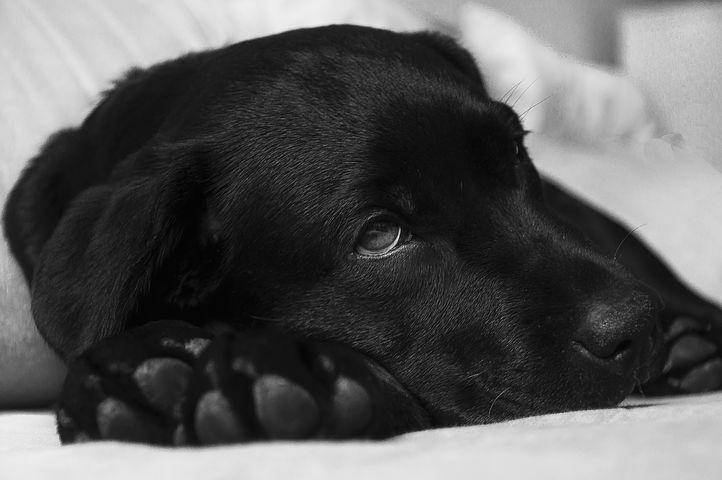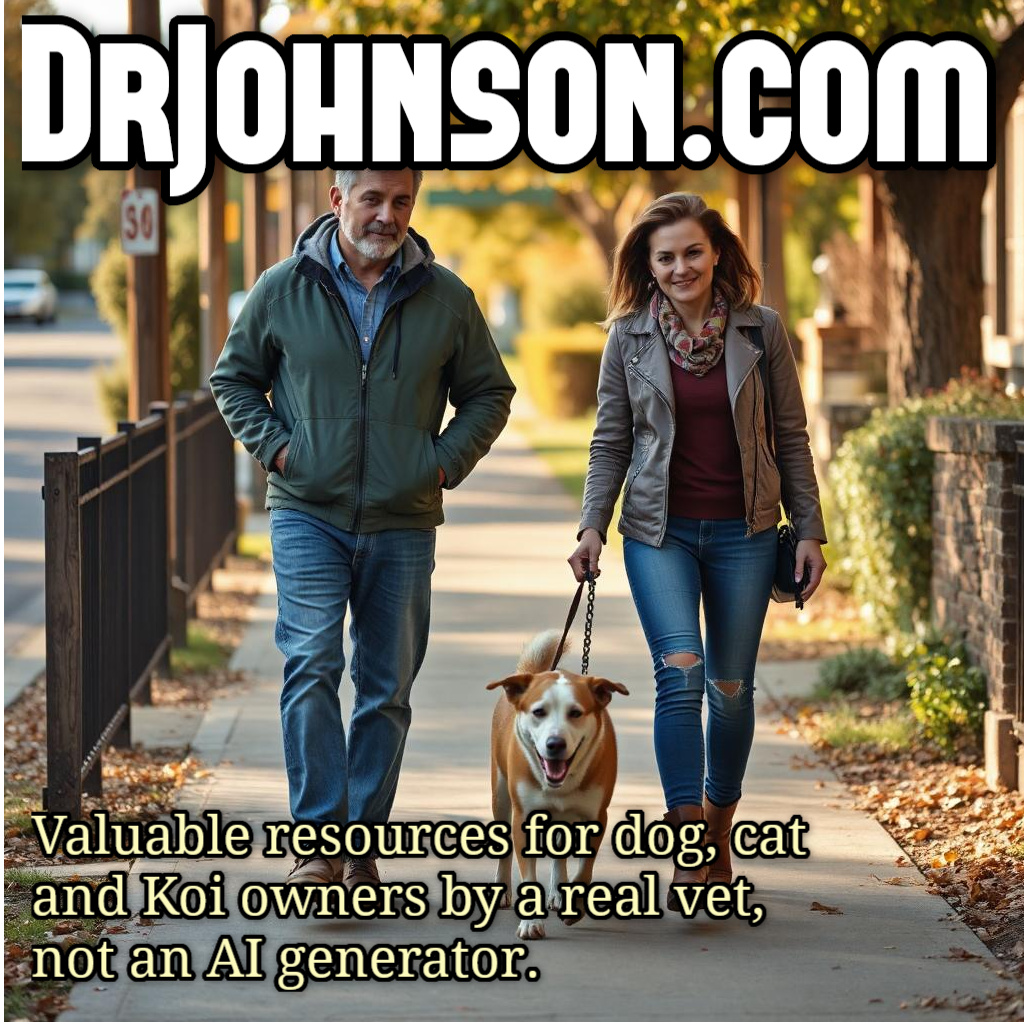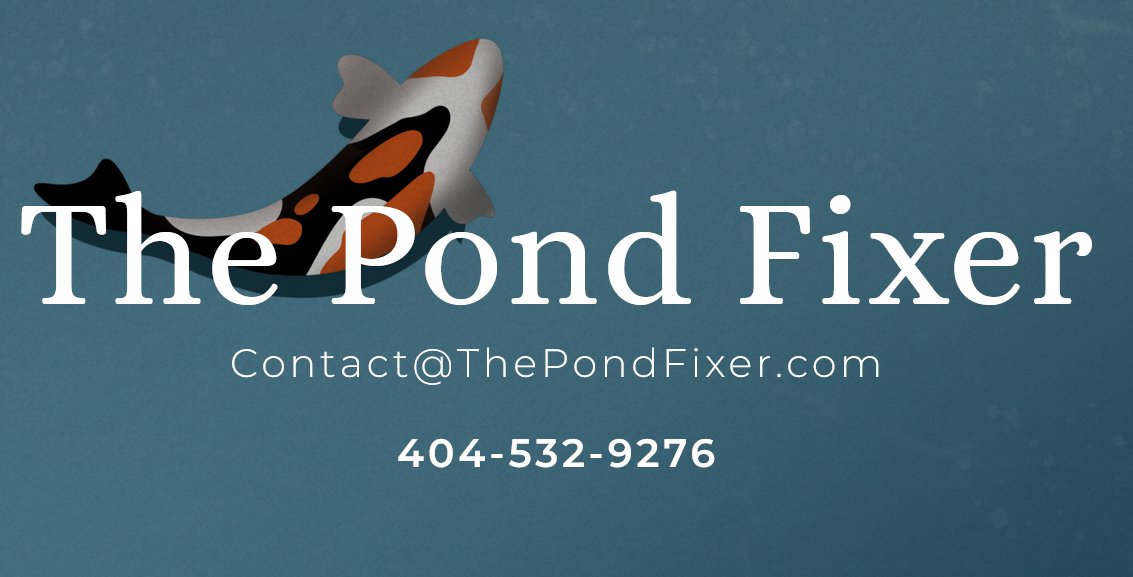Treating Parvo at Home
Okay first, the best chances of survival are with a vet who can support fluids, identify and treat anemia, prevent or treat co-infections, etc. That said:
When a dog gets a viral enteritis like Parvo, it can lose a lot of fluids from vomiting and diarrhea. Part of the treatments we give are to stop the vomiting and diarrhea, as well as the replacement of the lost fluids.
We’re having very good luck with a method of treatment for Parvo in which we work with the patient on an outpatient basis. To an extent, I almost prefer it, partly from a disease-spread standpoint, but also, at home, dogs are under less stress. And let’s face it, the owner may coax and nurse a dog more than any Vet staff ever could.
Sometimes owners are financially unable to put a dog in the veterinary hospital and run fluids intra-venously.
In those circumstances, we can design care at home that might just work.
Everyone endeavoring to treat at home should be aware that success rates are lower at home than at the hospital because support is so much greater with injections, and the doctor’s monitoring.

[In many instances, it becomes necessary to supplement a case being treated at home with a few injections to control severe vomiting (on an appointment basis), but this still costs less than full time hospitalization.
An example is the case where an owner was doing her best, but ended up bringing the dog in for injections to stop vomiting. She did the rest of the treatments and medications at home.]
What follows is a discussion of how to manage Parvo to best effect, at home.
* Step One: Prepare a warm, indoor place for the dog. Disinfect other areas in which the dog may have been with diluted Clorox bleach. A 1:30 dilution is ideal. There are other disinfectants that work. Keep the dog, and the area, clean. Dogs can get severely depressed when the odor becomes strong or they become matted with vomitus or feces.
* Step Two: Administer an antibiotic agent with a good gut spectrum, from the Vet. Good examples are Albon, Amforal, or Cephalexin. Parvo kills the lining cells of the intestinal tract and bad bacteria can march straight into the blood stream through the damaged lining.
* Step Three: Many cases require anti-vomiting pills, but sometimes injections of these drugs (Cerenia, Zofran) are required because the pills don’t stay down long enough to work. Know when to get the injections. For example, If the pet cannot keep the pills down, it will need at least a few of these injections. You can get the dog injected once or twice daily and the rest of the time it may stay at home. This has been done very successfully and with less expense than hospitalization. In the olden days we used to use Robinul (Glycopyrholate) with great success. The pundits say not to use motility modifiers because the mess in the bowel has to move out. I believe that fluid losses from diarrhea are worse than the microbial soup the dog retains.
* Step Four: Give Red or Grape Gatorade (or other electrolyte drink, like PediaLyte), every 1 to 3 hours in small quantities. For a 20 pound dog, 60 cc by mouth over a 2-3 hour period is reasonable.
#Red Can Coke (Sugary, caffeinated Coca Cola) has rallied many a puppy too. I learned that from Dr Mason, my mentor. They even use that in calves with scours. It’s a last-ditch “Hail Mary” play but it often helps!
* Step Five: If the case is obviously deteriorating or if new symptoms, like a bad cold, should appear, then a visit to the vet will be required to try to save the dog, economics permitting.
Home care should only be done once the diagnosis is made. This care is no substitute for necessary deworming, or the therapy for more serious problems that may be left un-diagnosed!
Remember:
Lots of oral fluids on a frequent and consistent basis! Do whatever it takes to stop the vomiting.






